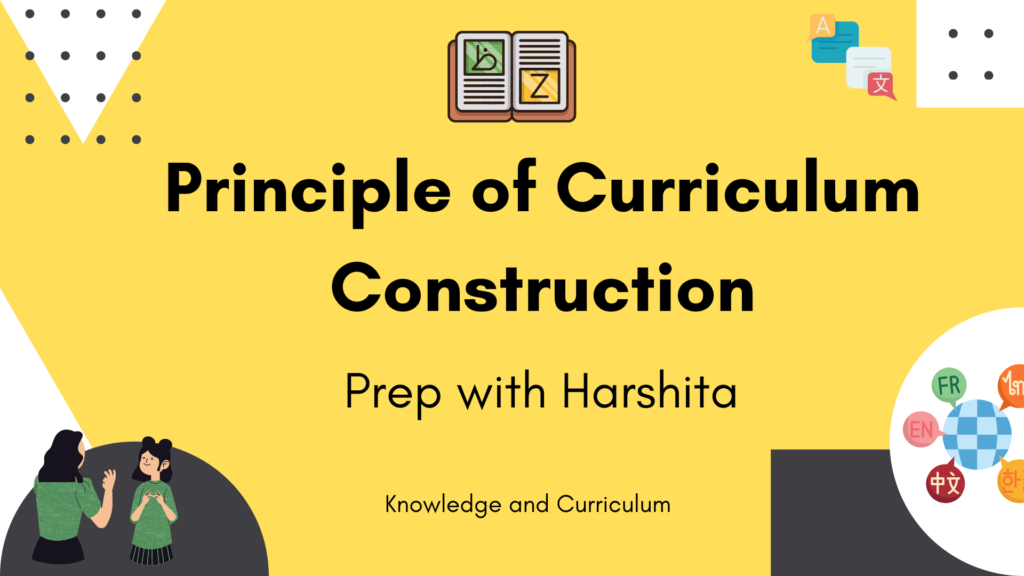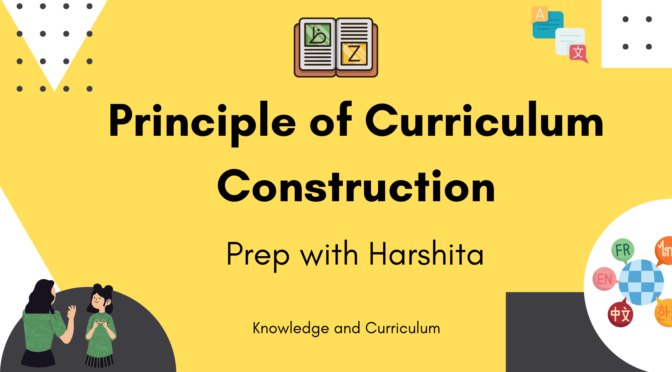The principles of curriculum construction are the underlying guidelines that affect the development and design of a curriculum. These principles serve as a framework to ensure that the curriculum is effective, relevant, and meaningful to the learners.
Some of the key principles of curriculum construction include:
- Alignment with learning goals: The curriculum should be aligned with specific learning goals that are relevant and meaningful to the learners. These goals should be well-informed and communicated to the learners and teachers.
- Relevance and authenticity: The curriculum should be relevant and authentic to the learners’ lives and experiences. It should be designed to connect with the learners’ interests, culture, and background.
- Flexibility and adaptability: The curriculum should be flexible and adaptable to meet the changing needs and interests of the learners. It should be designed to accommodate different learning styles and preferences.
- Collaboration and participation: The curriculum should encourage collaboration and participation among learners, teachers, and other stakeholders. It should provide opportunities for learners to take an active role in their own learning and contribute to the design and development of the curriculum.
- Continuous improvement: The curriculum should be continuously evaluated and improved based on feedback from learners, teachers, and other stakeholders. This process should be ongoing and dynamic and should aim to improve the effectiveness and relevance of the curriculum.
- Integration of technology: The curriculum should be designed to integrate technology effectively to enhance learning outcomes. This includes the use of digital resources, online platforms, and other forms of technology to support and enhance the learning experience.
Overall, the principles of curriculum construction aim to ensure that the curriculum is relevant, meaningful, and effective in achieving specific learning goals. These principles emphasize the importance of alignment, relevance, flexibility, collaboration, continuous improvement, and the integration of technology to create a dynamic and effective curriculum.
Also Read : Role of Teacher as Curriculum Maker

Also Visit : Prep with Harshita

